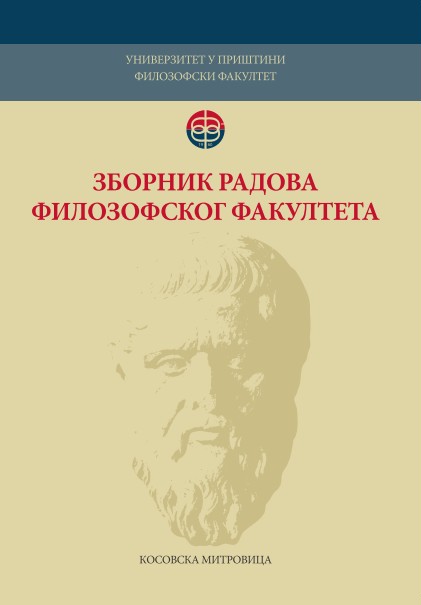Однос традиционалне и савремене породице у контексту анализе димензија породичног живота студената у Војводини
The relation between traditional and modern family in the context of analyzing the dimensions of family life of students in Vojvodina
Author(s): Marija D. Sakač, Saša S. Marković, Mia R. MarićSubject(s): Social Sciences, Sociology
Published by: Филозофски факултет, Универзитет у Приштини
Keywords: traditional and contemporary family; the dimensions of family life; the student population
Summary/Abstract: A family is the original, primary, and the most universal social group, which implies the synthesis of several subsystems. Parents and children, children and children, as well as subsystems that are formed between children and each parent, are, in particular, the basic structural units of the family. Within each subsystem there is a two-way interaction that implies certain affective relationships, as the most important determinants in the functioning and formation of a child's personality. In its development, a family goes through the different phases that are marked by a lesser or greater influence of tradition in family relations. Traditional relationships and values include those characteristic of a patriarchal family. Modern family is a consequence of the general industrialization of society. From the production, a family is transformed into a consumer social group. Modern, postmodern, global society marks the high rate of change, the disappearance of many orientations that shaped the lives of people and families. A modern family goes through a phase of intensive changes, mostly due to the global social transformations. Elements of a traditional family organization are still not fully overcome, although new models and patterns of behavior imposed by the modern lifestyle and the modern era are present. For this reason, the main goal of this study was to examine the perceptions of family and family life of student population through analysis of the basic dimensions of family life, describing elements of traditional and modern in the current family context. The sample consisted of 504 students. The Scale of family life dimensions, designed for the purposes of this study, has shown satisfactory psychometric characteristics. The results of this study confirmed the initial research hypotheses that the current family context in which youth is growing up is characterized in a certain extent by characteristics of traditional family values, but at the same time, by characteristics of the modern family as well, with the characteristics of the new era. In such conditions, the risk of general social confusion and questioning of the basic principles and values that a family should represent are particularly prominent. These findings have significant social and pedagogical implications, which are primarily reflected in the current family environment in which young people grow up and adopt family values and norms of behavior.
Journal: Зборник радова Филозофског факултета у Приштини
- Issue Year: 48/2018
- Issue No: 1
- Page Range: 97-111
- Page Count: 15
- Language: Serbian

